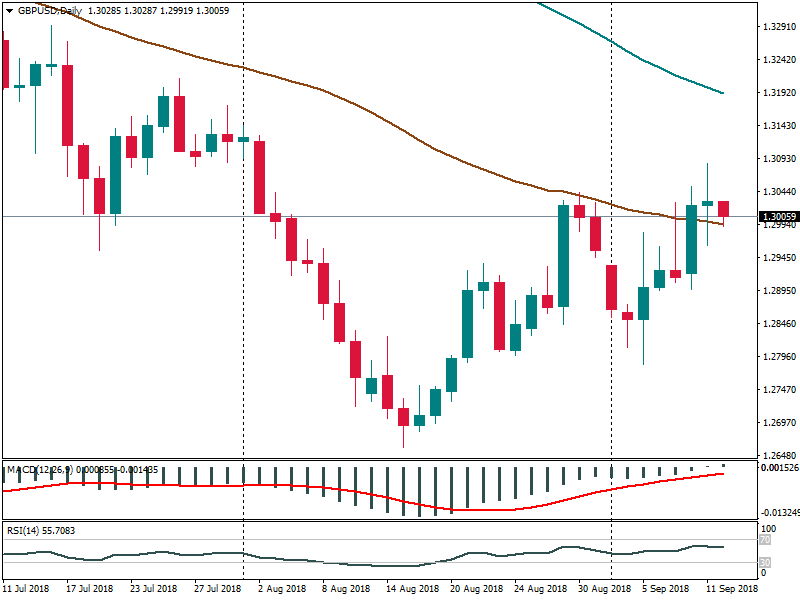British economy and Bank of England: the link
An important meeting will happen at 14:00 MT on Thursday: the Bank of England will announce its official rate. After the members of the Monetary Policy Committee (MPC) decided to raise the rate to 0.75% in August, this time analysts expect no changes. In fact, the economy of Great Britain has been in comparably stable position since that moment.
The country’s GDP grew at 0.3% during a month, better than it was predicted. Unemployment rate released on Tuesday showed no changes: it is still at 4.0%, while the UK weekly earnings growth excluding bonuses reached 2.9%, which is the three months maximum. The inflation level reached 2.5% in July. This is still higher rate than the target level of 2%. According to the data, wages are growing faster, than the inflation. This means the Bank of England will likely keep slowly increasing interest rates as Britain proceed Brexit.
This week’s decision about Mark Carney’s future as the governor of the Bank of England should not be underestimated as well. The economist will lead the UK through the hard times of uncertainty until the end of January, 2020. This news is good for the pound as it means stability in the central bank’s management.
DNB expects that at the upcoming meeting this Thursday, the Bank of England will declare that it will make gradual and cautious rate increases. The specialists think that the BoE will actually move to raise rates in November 2019.
The positive news about the future of Brexit yesterday and the anticipation of Thursday’s meeting resulted in the highest GBP/USD exchange rate since August on Monday and Tuesday at 1.3085. However, sterling then dropped by a quarter of a percent on Wednesday. The reason for it is the meeting of the conservative members of the European Research Group, where they discussed the possibility to force Theresa May to leave the post of prime minister. We’ll follow the news on the subject and keep you updated.
